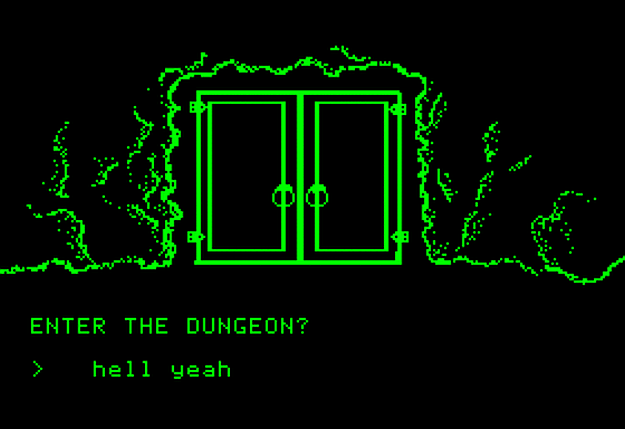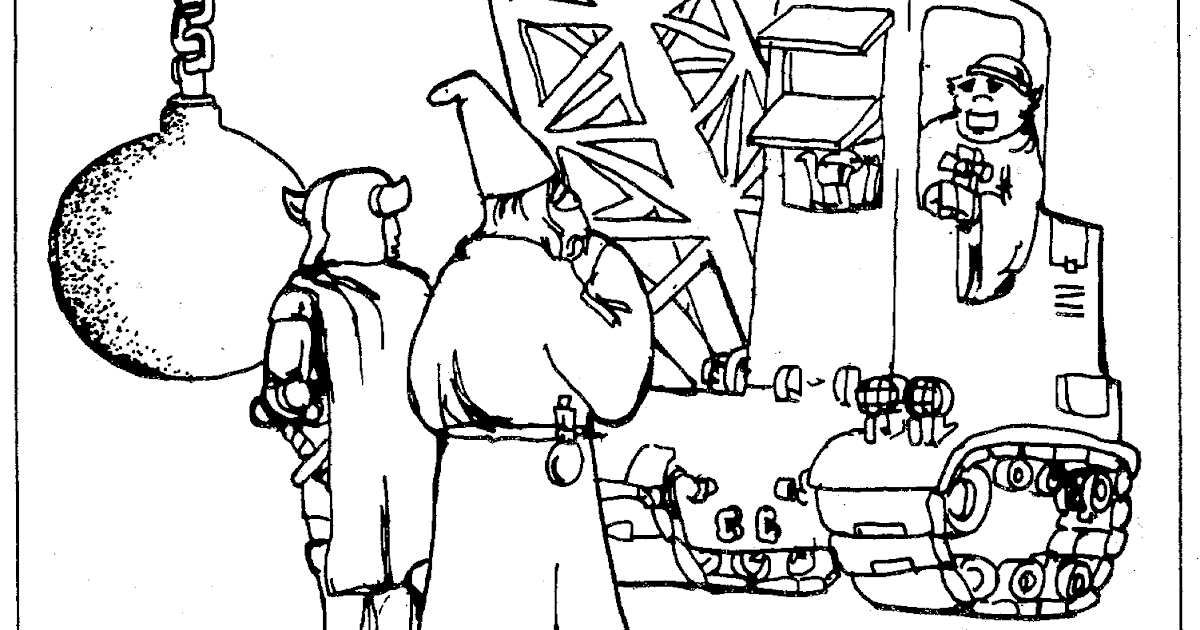Thomas Shey
Legend
Perhaps not. Although not caring about history while being into the Old School Renaissance once again seems bass-ackwards.
Well, "being into the Old School Renaissance" can, for some people, just translate into "finding other people who realize the last time the game was worth playing".








